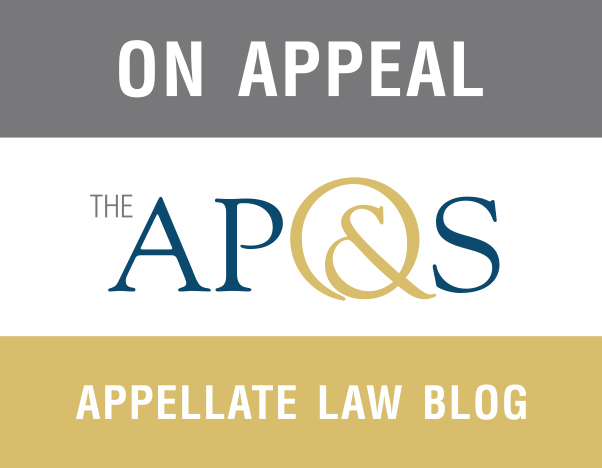A. Usury
NV One, LLC v. Potomac Realty Capital, LLC, 84 A.3d 800 (R.I. 2014): In a case of first impression that has important implications for lenders in Rhode Island, in NV One, LLC the Rhode Island Supreme Court held that a usury savings clause in a commercial loan document does not validate an otherwise usurious contract.
As a result of the Court’s decision, loan documents that impose an interest rate in excess of 21 percent per annum and do not fall within a statutory exception are usurious and void as a matter of law, regardless of whether they contain a usury savings clause. When a usurious loan document is declared void, the borrower is entitled to recover all amounts paid on the loan. A lender has no right to collect either principal or interest on a usurious loan. See Colonial Plan Co. v. Tartaglione, 50 R.I. 342, 147 A. 880, 881 (1929).
Pursuant to Rhode Island statutory law, the maximum allowable interest rate for most loans is 21 percent per annum. (citing R.I. Gen. Laws § 6-26-2(a)). Contracts that purport to impose an interest rate in excess of 21 percent per annum are usurious and void. Id. (citing R.I. Gen. Laws § 6-26-4). The lender’s subjective intent to comply with the usury laws is irrelevant. Id. However, if the lender willfully and knowingly violates § 6-26-2, it can be found guilty of criminal usury, punishable by up to five years’ imprisonment. R.I. Gen. Laws § 6-26-3.
Through the passage of such statutes, the Rhode Island General Assembly has manifested an intention to protect borrowers by ensuring that lenders do not charge interest in excess of the maximum rate. As the Supreme Court recognized, “the Legislature intended an inflexible, hardline approach to usury that is tantamount to strict liability.”
Since their enactment, Rhode Island has strictly enforced its usury laws, but until the Supreme Court’s decision in NV One, LLC, it had not addressed whether a usury savings clause could save an otherwise usurious loan.
In concluding that usury savings clauses violate public policy, the Supreme Court reasoned that “enforcement of usury savings clauses would entirely obviate any responsibility on the part of the lender to abide by the usury statute, and would, in essence, swallow the rule.” The Court expressed concern that “the inclusion of usury savings clauses in loan contracts would lead to results that are injurious to the money-borrowing public, as well as potentially unconscionable or tending towards injustice or oppression.” Indeed, “[i]f lenders could circumvent the maximum interest rate by including a boilerplate usury savings clause, lenders could charge excessive rates without recourse.”
In the wake of the Supreme Court’s decision, lenders should carefully scrutinize their loan documents to ensure full compliance with Rhode Island’s usury laws, bearing in mind that a usury savings clause will not save an otherwise usurious loan agreement.
Labonte v. New England Development R.I., LLC, 93 A.3d 537 (R.I. 2014): Months after the Supreme Court decided NV One, LLC, it held in LaBonte that a commercial loan commitment fee could be included in the calculation of interest. The loan at issue was for $275,000. Pursuant to its terms, the borrower was required to repay the loan in the amount of $325,000, plus interest within 30 days. The $325,000 repayment amount included a $50,000 loan commitment fee.
The parties did not dispute that if the loan commitment fee was considered interest, it would render the loan usurious. However, the lender argued that under Rhode Island law, a commercial loan commitment fee shall not constitute interest. See R.I. Gen. Laws § 6-26-2.
In considering the lender’s argument, the Supreme Court recognized that the statute defines a commercial loan commitment fee as a charge imposed by lenders “to assure the availability of a specified amount of credit for a specified period of time or, at the borrower’s option, compensating balances in lieu of the fees.” Id. However, because the $50,000 fee did not provide any assurance as to the availability of the $275,000 principal loan, the Court concluded that the loan commitment fee did not fall within the statutory exemption and, therefore, must be treated as interest.
Based on that conclusion, the Supreme Court held that the loan was usurious and void pursuant to R.I. Gen. Laws § 6-26-2(a).
B. Deceptive Trade Practices
See Long v. Dell, Inc.: https://www.apslaw.com/on-appeal/trial/5-know-3/




